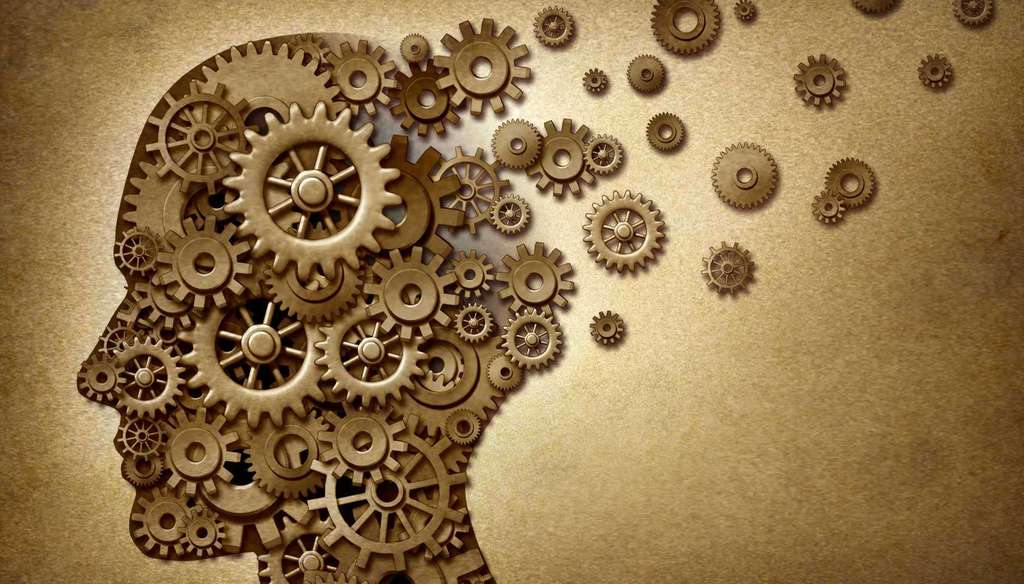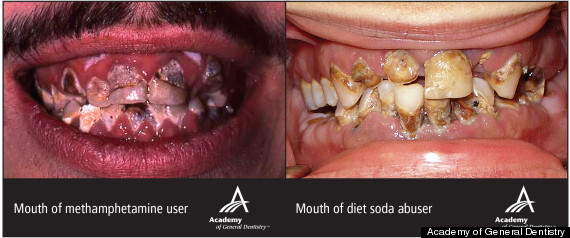Tea Studies: When art and science collide

In a push to quantify and authenticate what teanistas have known forever, scientists often sacrifice the elusive beauty and ritual of tea on the altar of hard data. Nowhere is this more illustrative than in the way tea is tested for say, its role in losing weight or reducing bone loss. LTR can understand the need for standard measurements — she didn’t spent all that time in public health school to dismiss statistics as frill. But in study after study, tea is tested in capsules. Yes capsules. It’s even called “supplements.” The idea is that you can standardize amount of, say, EGCG or caffeine. You don’t have to worry about temperature, tea amount, steeping time and all of those wonderful elements that elevate tea to art. In one study on osteoporosis, post-menopausal women took tea capsules and also practiced tai chi. Those who took the tea capsules had less bone loss than those who didn’t, but tai chi did not affect this. What tai chi did do, according to the women, was improve muscle mass their quality of life. It made them feel better. What if these women had sampled, say, cups of dragonwell tea and then done tai chi? Isn’t the head connected to the body? Next time you read studies on tea, see if the sampling was done with capsules or if the “agony of the leaf” was in flower.


